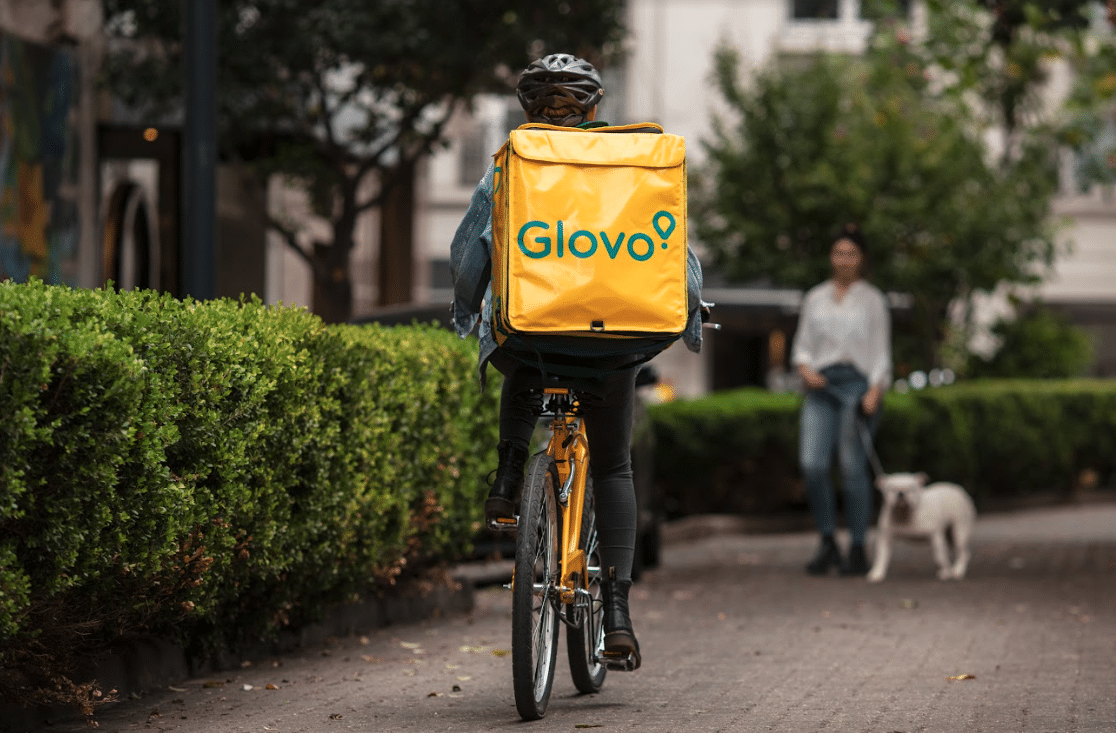The Faro District Labor Court denied the existence of a contractual relationship between 27 couriers and the digital platform Glovo, rejecting the recognition of an employment contract, as requested by the Public Prosecutor’s Office (MP).
The decision of the Faro district court, dated April 5 and to which Lusa had access today, refuses to recognize the employment relationship requested by the MP, arguing that the assumptions required by the Labor Code are not met.
The decision begins by excluding six of the plaintiffs in the action brought by the Public Prosecutor’s Office from the right to have the most recent changes to the Labor Code, in force since May 1, 2023, which include specific requirements for digital platforms, applied to their case.
This is because the court proved that these six couriers started working for Glovo before the new legislation came into force.
The Portimão labor court also considered as proven a “set of elements” that “point to the non-existence of a subordinate relationship” between the couriers and the company.
Judge Filipe Aveiro Marques did not consider it proven that the company had fixed the price, arguing that couriers can refuse to carry out the service even because they don’t agree with the price, which the court understands is presented as a proposal, not an imposition, and there is also the possibility for the courier to change the cost on the platform to a value that is more beneficial to them.
The court also found that the platform does not impose rules on the couriers as to how they provide the service, does not control the provision of the activity, does not impose working hours and allows the couriers to work for other platforms, and found that it was not proven that the work tools, such as cell phones, cooler bags and vehicles, belong to the company.
The decision acknowledges the existence of “some elements that could point to the fact that the couriers are integrated into a production organization that is not their own, that the fruits of their activity do not originally belong to them, but to that production organization, and that they themselves do not have their own business organization”, but counters that “this argument is not very strong”.
“Even in the case of musicians who are members of orchestras – and there aren’t many other human activities that, in order to maintain the harmony of the whole, have to be so finely organized – no legal subordination has been recognized.”
On the other hand, “to the contrary”, the court points to proof of the existence of a tax regime for service providers, “which is not that of dependent workers”, the absence of exclusivity, the possibility for couriers to define their working hours and place of work, as well as the power to subcontract a provider to replace them.
Contacted by Lusa, Glovo said that the Portimão court had “assessed correctly” in deciding that its operating model, “as a technological intermediation platform”, does not have characteristics “that could lead to the presumption of an employment contract”.
“This ruling confirms what we have always maintained: the distinct operating model of the Glovo app follows the criteria established by law. The couriers who decide to connect to the app are self-employed workers who freely choose which services to provide and to whom, as well as where, how and when they want to do so,” defended Glovo, which added that it was “optimistic that other rulings will have the same outcome”.
At the beginning of February, in an unprecedented decision in Portugal, the Lisbon district court recognized for the first time the existence of an employment contract between a courier and Uber Eats Portugal, a home meal delivery platform that competes with Glovo, after the Public Prosecutor’s Office filed a lawsuit to that end and following an inspection by the Working Conditions Authority (ACT).
At the time, the Lisbon court interpreted that case in a way that was almost entirely different from what has now been decided in the Glovo case, considering that the platform controls the provider’s activity, restricts the refusal and acceptance of services and sets the courier’s remuneration, concluding that Uber Eats Portugal “is not a mere intermediary in the contracting of services between commercial establishments and couriers”.





